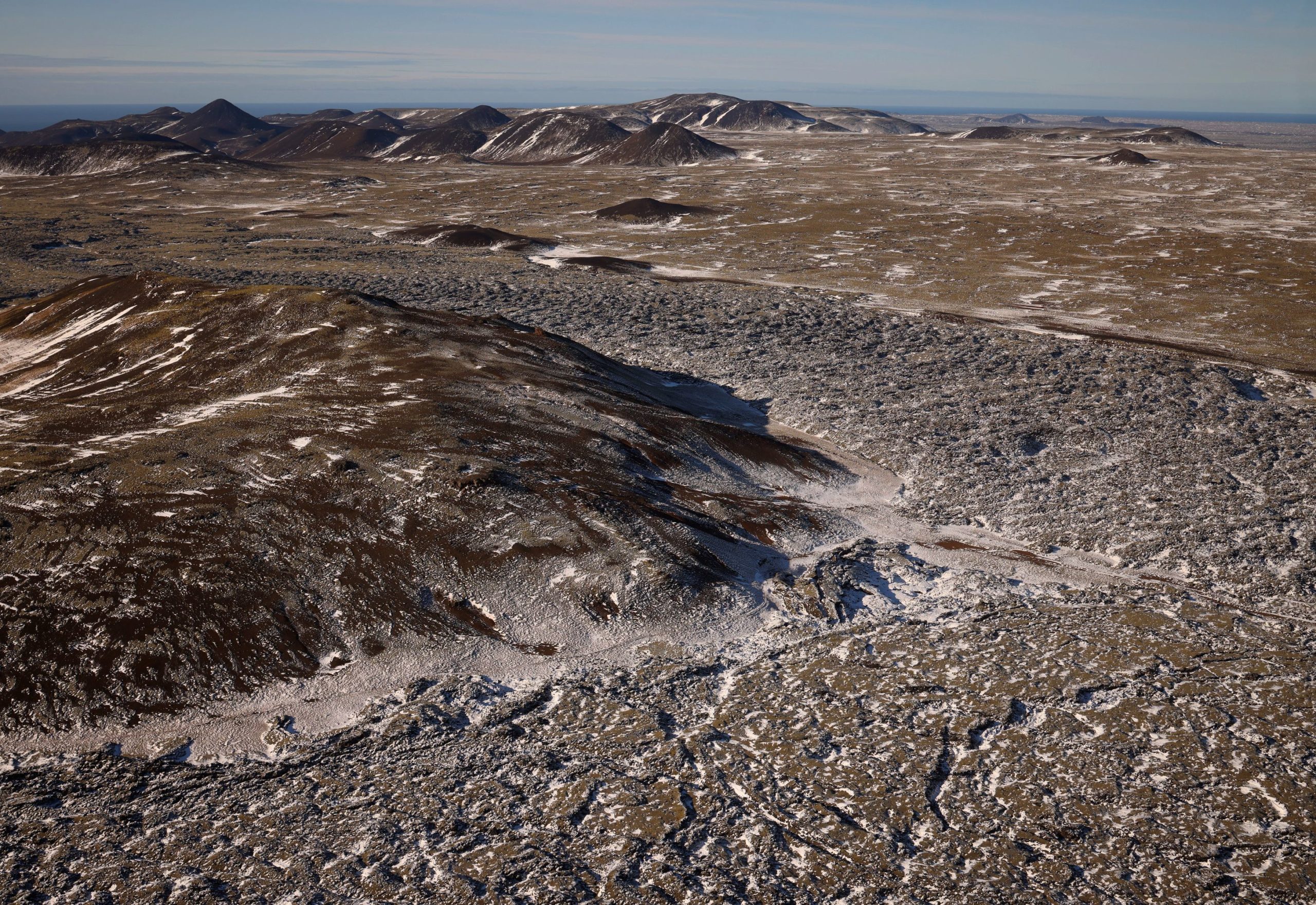Sleepless Icelanders await a volcanic eruption
"I'm not scared, just tired."

COPENHAGEN — Icelanders are yearning for some undisturbed shut-eye after tremors from tens of thousands of earthquakes have rattled their sleep for weeks in what scientists call an unprecedented seismic event, which might well end in a spectacular volcanic eruption.
“At the moment we’re feeling it constantly. It’s like you’re walking over a fragile suspension bridge,” Rannveig Gudmundsdottir, a lifelong resident in the town of Grindavik, told Reuters.
Grindavik lies in the southern part of the Reykjanes Peninsula, a volcanic and seismic hot spot, where more than 40,000 earthquakes have occurred since Feb. 24, exceeding the total number of earthquakes registered there last year.
Located between the Eurasian and the North American tectonic plates, Iceland frequently experiences earthquakes as the plates slowly drift in opposite directions at a pace of around 2 centimeters each year.
The source of the past weeks’ earthquakes is a large body of molten rock, known as magma, moving roughly one kilometer (0.6 mile) beneath the peninsula, as it tries to push its way to the surface.
“We’ve never seen so much seismic activity,” Sara Barsotti, volcanic hazards coordinator at the Icelandic Meteorological Office told Reuters.
Some of those quakes clocked in at magnitudes as high as 5.7.
“Everyone here is so tired,” Gudmundsdottir, a 5th grade school teacher, said. “When I go to bed at night, all I think about is: Am I going to get any sleep tonight?”.
Many in Grindavik have visited relatives, spent time in summer houses, or even rented a hotel room in Reykjavik, the capital, just to get a break and a good night’s sleep.
Authorities in Iceland warned of an imminent volcanic eruption on the peninsula in early March, but said they did not expect it to disturb international air traffic or damage critical infrastructure nearby.
Unlike the eruption in 2010 of the Eyjafjallajökull volcano, which halted approximately 900,000 flights and forced hundreds of Icelanders from their homes, the eruption on the peninsula is not expected to spew much ash or smoke into the atmosphere.
Experts are expecting lava to erupt from fissures in the ground, possibly resulting in spectacular lava fountains, which could extend 20 to 100 meters in the air.
Already last year authorities put an emergency plan in place for Grindavik. One option includes putting locals on boats in the North Atlantic, if an eruption shuts roads to the remote town.
“I trust the authorities to keep us informed and evacuate us,” Gudmundsdottir said. “I’m not scared, just tired.”



